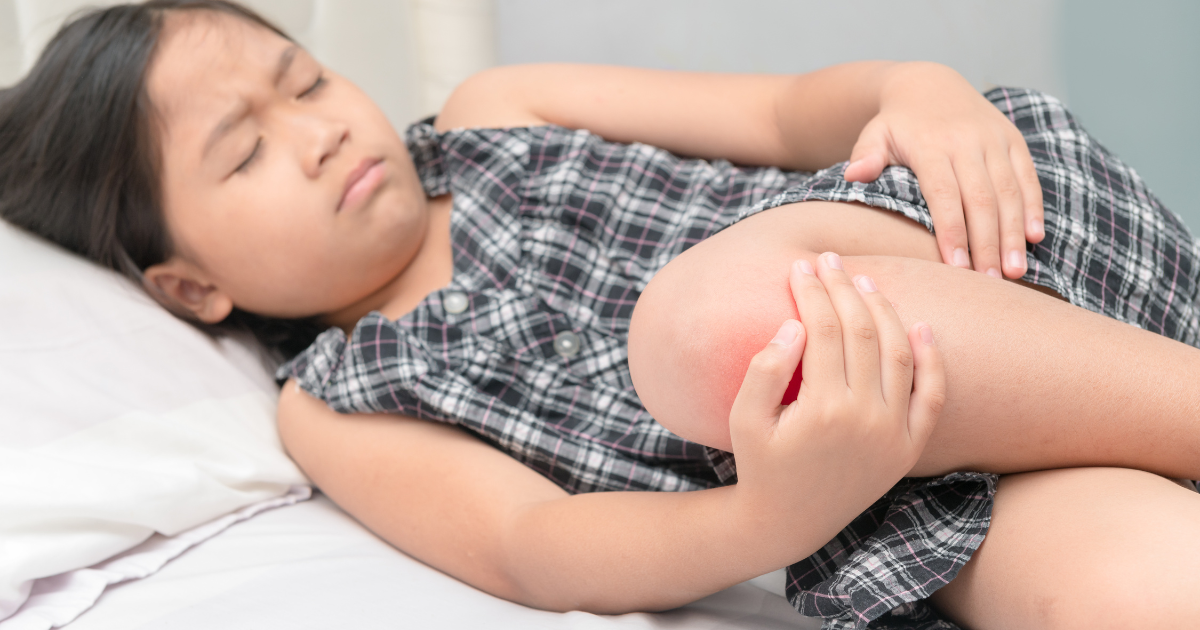What is Juvenile Rheumatoid Arthritis (JRA)?
Juvenile Rheumatoid Arthritis, also known as Juvenile Idiopathic Arthritis (JIA), is the most common type of arthritis in children under the age of 16. It is an autoimmune disorder, which means the immune system mistakenly attacks the body’s own tissues, especially the joints. While adult rheumatoid arthritis is well known, many people are unaware that children can also develop similar inflammatory joint conditions.
Common Symptoms to Watch For
Early diagnosis is crucial for managing JRA. Parents should watch for these symptoms:
- Persistent Joint Pain – Usually in knees, wrists, or ankles
- Swelling in Joints – Not related to injury
- Morning Stiffness – Stiff or difficult movement after waking up
- Fever and Rash – Unexplained low-grade fevers and light rashes
- Fatigue – Lack of energy and tiredness
- Growth Problems – Slowed growth or uneven limb length in some cases
What Causes Juvenile Rheumatoid Arthritis?
The exact cause is unknown, but it is believed to involve a mix of:
- Genetics – Family history may increase risk
- Immune System Issues – Autoimmune dysfunction plays a central role
- Environmental Factors – Infections or triggers might contribute
How Is It Diagnosed?
There is no single test for JRA, but doctors may use a combination of:
- Physical Examination – Checking joint movement, pain, swelling
- Blood Tests – ESR, CRP, ANA, Rheumatoid factor
- X-rays or MRI – To assess joint damage or inflammation
Early diagnosis helps reduce long-term complications.
Treatment Options
While there is no permanent cure for JRA, it can be managed effectively. Treatment goals include reducing inflammation, controlling symptoms, and improving joint function.
1. Medications:
- NSAIDs – To reduce pain and swelling
- DMARDs – To slow disease progression (e.g., Methotrexate)
- Biologics – For more severe cases
- Steroids – Sometimes used for short-term relief
2. Physical Therapy:
Regular physical therapy helps in:
- Maintaining flexibility
- Strengthening muscles
- Preventing joint damage
3. Healthy Diet and Lifestyle:
- Include calcium and vitamin D for bone health
- Omega-3-rich foods help reduce inflammation
- Encourage daily physical activity (e.g., swimming or light yoga)
Emotional Support for Children
Living with a chronic condition can be emotionally challenging for children. Parents should:
- Encourage open communication
- Support participation in school and social activities
- Consider support groups or counseling if needed
A strong emotional foundation helps children cope better with their condition.
Frequently Asked Questions (FAQ)
Q1. Can JRA go away on its own?
Some children experience remission, but regular monitoring and treatment are essential.
Q2. Is JRA life-threatening?
No, but untreated JRA can lead to serious joint damage and growth issues.
Q3. Can my child play sports?
Yes, with proper treatment and guidance. Low-impact activities like swimming are often recommended.
Q4. Is JRA contagious?
No, it is not caused by bacteria or viruses and is not contagious.
Conclusion
Juvenile Rheumatoid Arthritis may seem overwhelming, but with early diagnosis, proper treatment, and strong family support, children can lead active and fulfilling lives. As a parent, being informed and proactive is the best step you can take toward your child’s long-term health.




